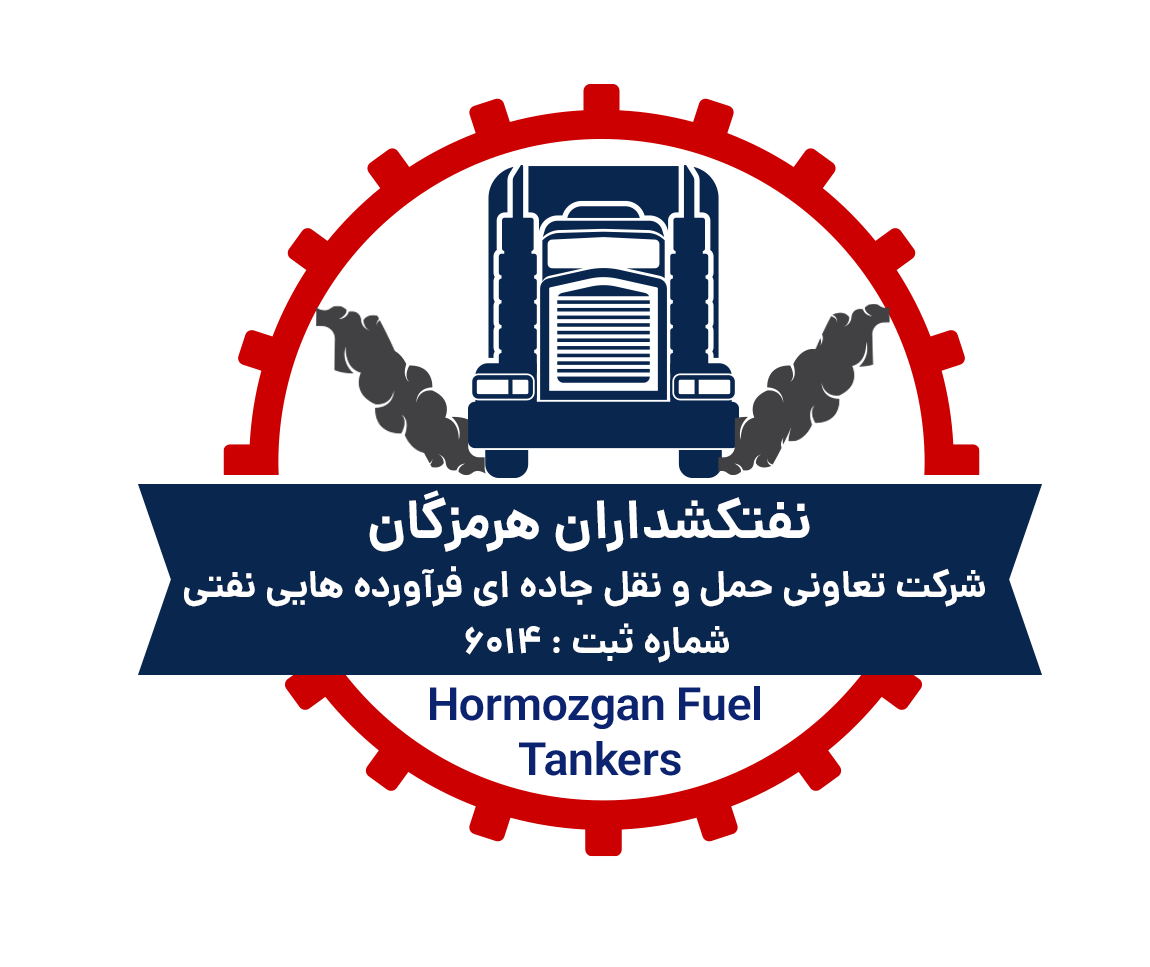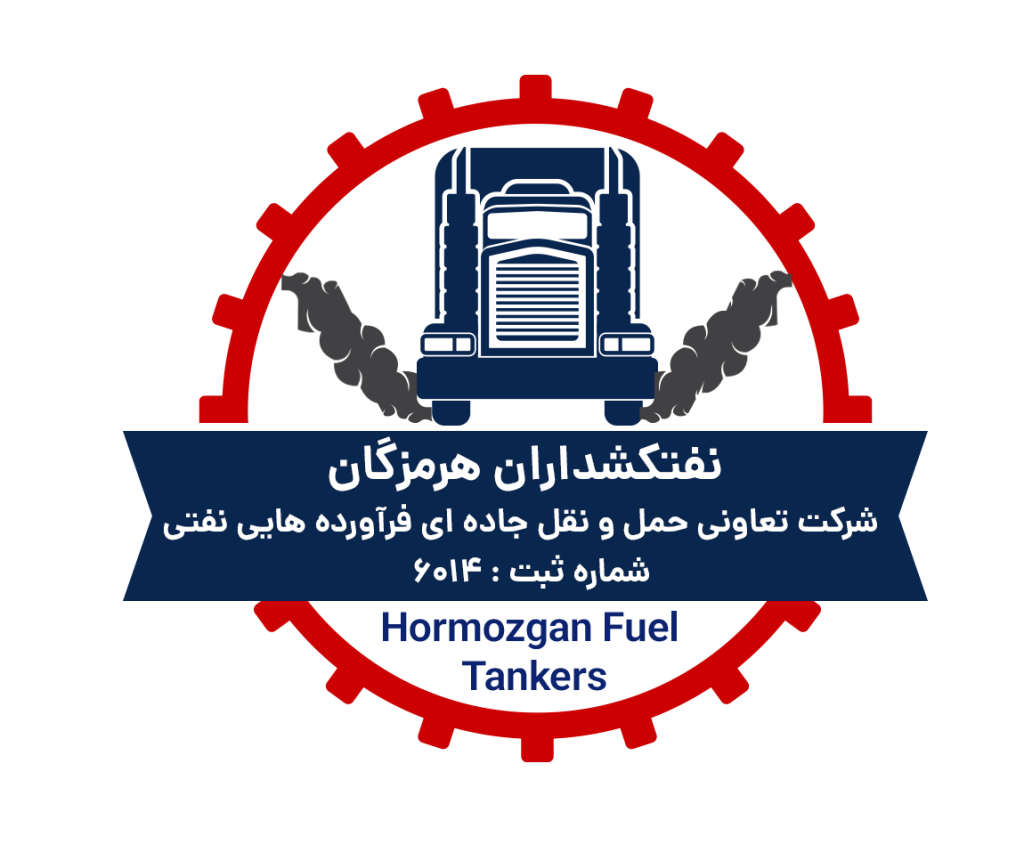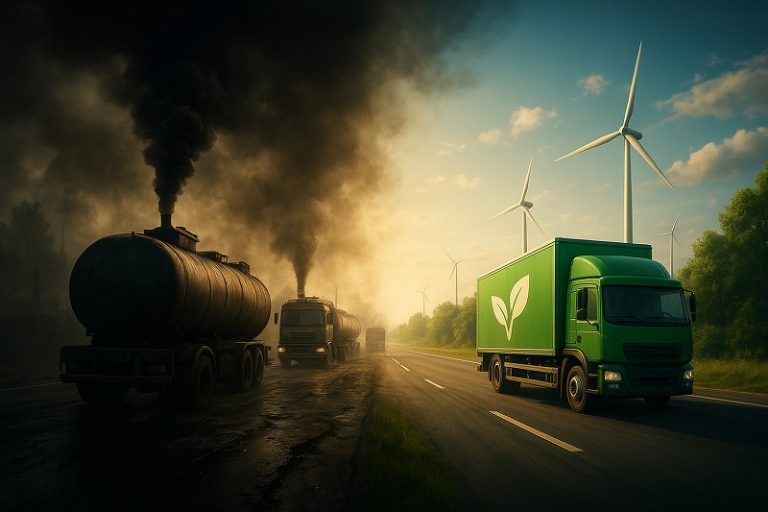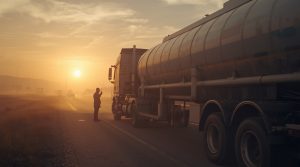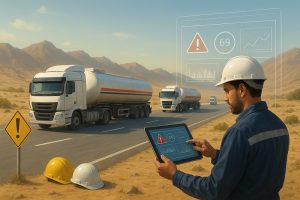Fuel transportation, while playing a vital role in ensuring national energy security, remains one of the primary sources of environmental pollution. From air emissions and fuel leakage to excessive fossil fuel consumption, this sector is under growing scrutiny by environmental agencies. In this context, “green transport” has emerged as a strategic necessity, replacing outdated approaches and prompting companies to adopt clean technologies and intelligent logistics systems.
Environmental Challenges in Fuel Transportation
Fuel Leakage
Leakage during loading, transport, and unloading poses a serious threat to soil and water resources. The lack of sealing equipment or aging tanker fleets exacerbates this issue.
Air Pollution
Heavy-duty fuel trucks powered by outdated diesel engines release harmful pollutants such as particulate matter (PM), nitrogen oxides (NOx), and carbon dioxide (CO₂) into the atmosphere.
High Fuel Consumption and Carbon Footprint
Inefficient routing and loading practices increase fuel consumption and greenhouse gas emissions significantly.
Poor Waste Management and Hazardous Byproducts
Improper disposal or lack of recycling for used oils, filters, and other mechanical waste can severely harm the environment.
Green and Sustainable Solutions in Fuel Transport
Fleet Modernization with Low-Emission Trucks (Euro 5 & 6 Standards)
Utilizing new-generation vehicles that meet higher environmental standards can drastically reduce fuel use and emissions.
Real-Time Monitoring and Smart Tracking Systems
GPS-based telematics systems help monitor fuel consumption, driving patterns, engine load, and route optimization, reducing inefficiencies.
Installation of Leak Detection and Pressure Control Sensors
These technologies help prevent undetected fuel leaks and enhance environmental safety during transport operations.
Environmental Training and Assessment of Drivers
Educating drivers on green driving behaviors and conducting regular performance reviews help reduce emissions and fuel waste.
Optimizing Routes and Load Scheduling
Intelligent transport algorithms ensure fuel-efficient routing and minimize unnecessary travel, thereby reducing the environmental burden.
The Role of Hormozgan Fuel Tankers Company in Promoting Green Transport
As one of Iran’s leading companies in road-based fuel transportation, Hormozgan Fuel Tankers Company has proactively aligned its operations with the principles of environmental responsibility and sustainable development. Key initiatives include:
Upgrading its fleet with low-consumption vehicles compliant with Euro 5 standards
Implementing real-time GPS tracking and driver behavior monitoring systems
Piloting the use of advanced leak detection devices on tankers
Developing and enforcing an internal environmental training protocol for drivers
Collaborating with the Hormozgan Environmental Protection Agency to obtain green transport certifications
The company firmly believes that sustainable development is not only a corporate responsibility but also a strategic advantage in building a reputable, transparent, and trustworthy brand in the energy logistics sector.
Conclusion
Today’s competitive landscape is not just defined by speed and volume, but by environmental integrity and social responsibility. Although fuel transportation inherently involves ecological risks, integrating smart technologies, upgrading systems, and fostering a green culture can transform this industry into a key pillar of sustainable progress.
Hormozgan Fuel Tankers Company remains committed to this path—investing in innovation, safety, and environmental performance—to build a cleaner, more secure, and forward-looking energy transport infrastructure.
Keywords:
Green transport, fuel transportation, environmental pollution, leak detection, low-emission trucks, real-time monitoring, carbon footprint, Hormozgan Fuel Tanker Company, sustainable development, road fuel logistics
References:
1-Department of Environment of Iran – National Strategy Report on Emission Reduction
2-Journal of Environmental Transport, Issue 2025
3-Research Center of the Iranian Parliament – Road Fuel Transport Study (2024)
4-Ministry of Roads and Urban Development – Fleet Monitoring Guidelines
5-Official Website of the Association of Iranian Fuel Transport Companies
